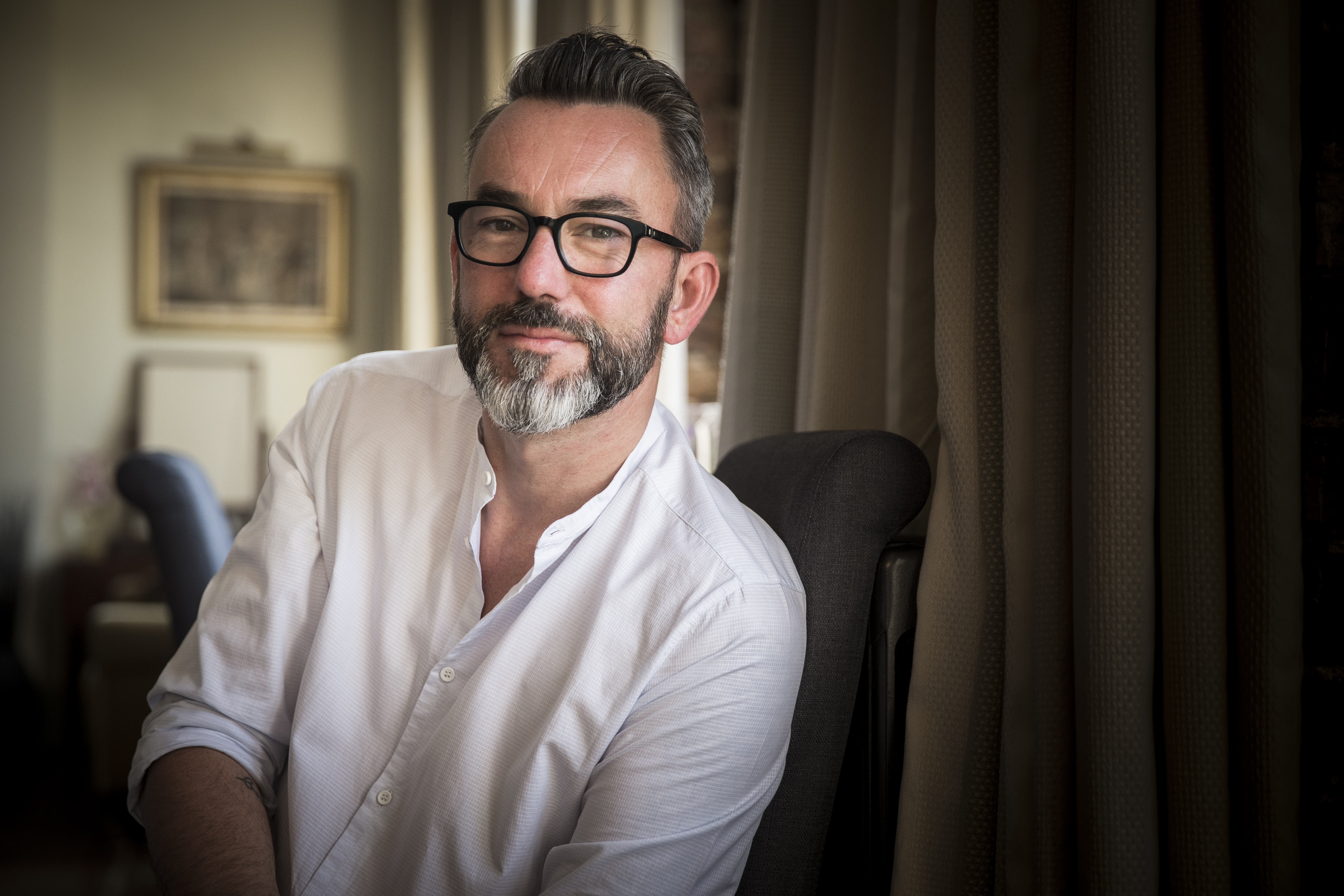
Why Awards Should Laud Advertising That Makes A Cultural Impact

A story. Not apocryphal as such, but heard second-hand and told third, so forgive any Chinese whisper-ish misrepresentation on my part. Picture one of our more celebrated international awards shows, with a celebrated jury. And on this particular jury is an executive creative director I admire (as would you, if I were indiscreet enough to share his name with you – this chap is one of the finest practitioners of our craft, a person of rare integrity and creative vision whose agency’s output makes me quite bilious with envy).
The ECD I’m coyly referring to isn’t typical of our industry’s creative leaders in any way; he doesn’t write columns for Campaign to keep his profile up, he doesn’t hop on a flight at a moment’s notice to emptily pontificate on various far away ad-panels, he doesn’t self-aggrandise or self-mythologise or self-promote in any way. In fact, being the slightly introspective, industry-awkward and humble chap he is, he spent quite a long time arguing with himself about whether he should agree to be involved with the awards show in the first place. The thing that swung it was the suitably celebrated jury I mentioned earlier – there were to be a fair few of his ad heroes in the room, and he was intrigued to hobnob with all the talented people whose work and opinion he had admired from afar over the years.
To make this anecdote slightly less painful for me to write, let’s call the ECD hero of this story Dave (not the oddest of choices – the male ECDs in our industry have such strangely generic "bloke" names, have you noticed? Mark, Darren, Tony, Rick, Ben, Dan, Trevor, Alan, Nick, Justin, Billy, Alex – it’s like someone’s reading out the register at a particularly white comprehensive school in 1979. Not a Rosie or a Chaka to be found. Apart from Nils. Or Hermeti… OK, I was just looking for an easy name to call this ECD so I could stop typing ECD all the time; there’s no need to be weird about it).
Let’s get back to Dave. Dave turns up at the judging venue more than a little nervous. As I said, he’s a tad industry-awkward is Dave, and the prospect of hanging out in the bowels of an NEC with all these ad-famous people makes his bum sweat. But the coffee’s nice and the croissants are buttery and everyone seems to be very pleasant and welcoming so, all in all, it’s not nearly as deeply uncomfortable as he had worried it was going to be. After some idle chit-chat and a little light industry gossip, the jury sits down to view the work and deliberate over who and what should be gifted with a lovely shiny pencil/lion/arrow/plastic ice-cube/plastic New York skyline/not-plastic-but-still-rather-odd triumphant angel.
And this is where it all goes a bit rat shit. As is his wont whatever the circumstances, Dave keeps his silence during the deliberations. It is not in Dave’s nature to offer up his opinion in a social group not of his own making but, for once in his ad-life, he finds himself having to bite his tongue so hard he almost draws blood. Oh, the politics! The endless debate about whether this new ad resembles that old ad! The lavishing of praise upon endless case studies for campaigns that have obviously never been viewed by anyone outside this darkened jury room, whatever incredible statistics may be dramatically supered across them! Oh, the navel-gazing bullshit!
So, finally, Dave snaps. He stands up and gives a speech. Actually stands up, right there in the room. It’s a grand speech from Dave, this very talented man of very few words. Passionate, earnest, sincere. Dave rails against the bullshit and nonsense. He draws coherent and powerful comparisons between advertising and the entertainment industry. He decries the insincerity and self-serving nature of the entire awards system. He describes a world where we judge our work on the cultural impact it has on society rather than whether a small group of ad folk think it’s good. His words ring out and echo from the walls. He is magnificent.
Dave stands there in the gloom of the jury room, eyes blazing, chest heaving, like a young Michael Flatley at the end of a particularly energetic performance of Riverdance. There is a stunned silence. "Right then," says the jury foreman, awkwardly. "Shall we break for lunch?"
Let’s rewind some 40 years. Believe it or not, I was a child once. Slightly pudgy, with an unfortunate Bay City Rollers hairdo that often fooled passers-by into believing I was a little girl (looking back, I was probably lucky that the constant begging letters I sent to Jim’ll Fix It asking to meet Evel Knievel went unanswered). Aside from resembling a tiny, plump Suzi Quatro – complete with denim jumpsuit on occasion – I was a relatively normal working-class child of the 1970s. In other words, I ate terrible frozen food, wore awful brown clothes, listened to David Bowie and Marc Bolan on the radio before I went to school in the morning – and loved ads.
The Honey Monster. The Cresta Bear. The Smash Martians. "Watch out, watch out, there’s a Humphrey about," "Splash it all over," "I’m a secret lemonade drinker," "Charlie says…" These were the images and catchphrases and lunchbox stickers of my youth, the playground currency we all used and made our own. The advertising of my childhood, although obviously enabled by a more naive and less diverse media landscape than the one we currently work in, had a profound and lasting impact on my cultural references that lasts to this day.

Above: The Honey Monster
The pertinent question is this: in 2016, without hindsight and nostalgia on its side, would Dave’s jury happily award the Grand Prix to a 30-second telly ad featuring crap robot puppets laughing hysterically at a potato peeler?
I’m far less cynical than Dave about awards. I enjoy the celebration of all the great things we do and make as an industry, the fact that we are constantly reminded of the power of creativity to transform behaviour and make a difference to a brand and its business. But I do have a sympathy with his belief that often we spend far too much time lauding the work that resonates with juries rather than with real people. At our very best, we create and inform and sometimes even define popular culture, rather than simply reappropriate cool shit that’s already out there or make clever bits of content seen by no-one outside of our own small world. It would be a gratifying thing if the awards tallies at the end of the year reflected this – but we would perhaps need a few more lovely Daves on our awards juries before we get to such a happy place.
Jonathan Burley is chief creative officer of Rainey Kelly Campbell Roalfe/Y&R
This article originally appeared on Campaign.













